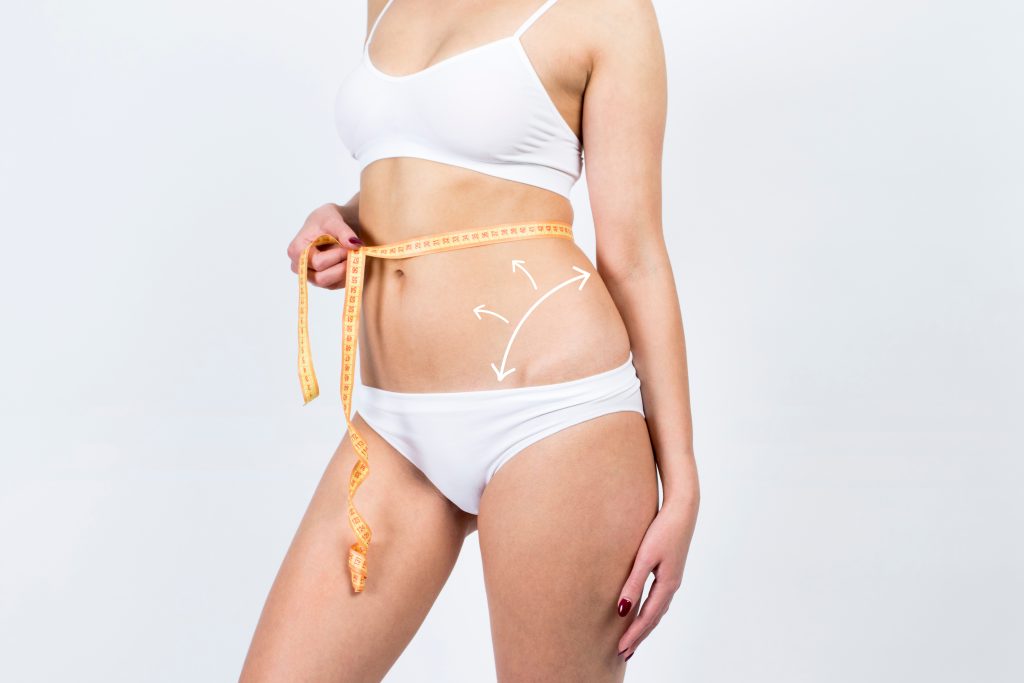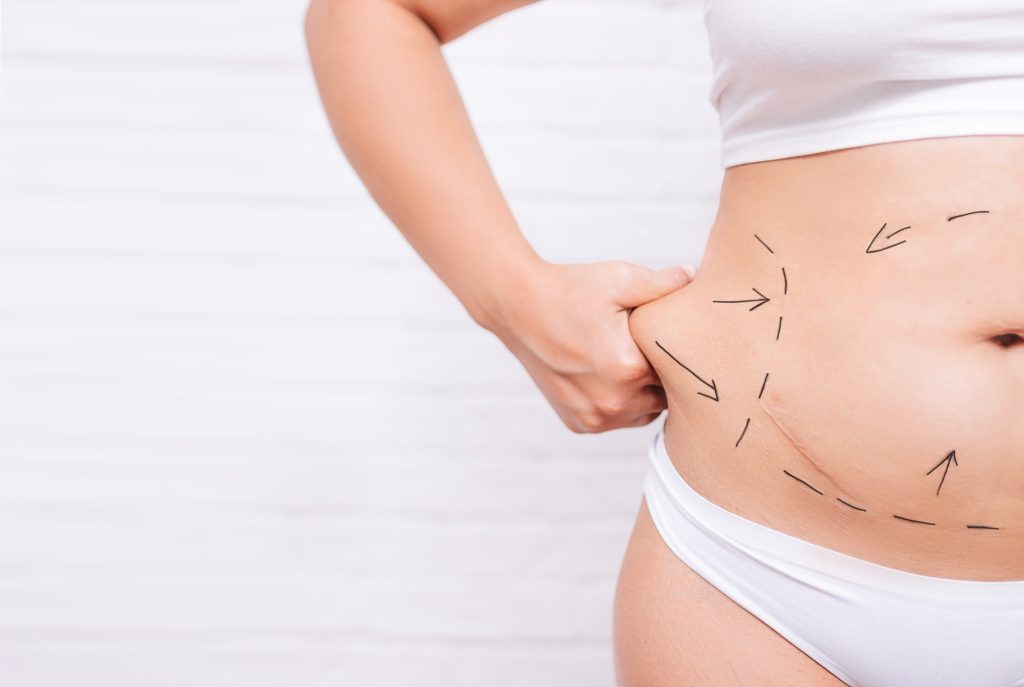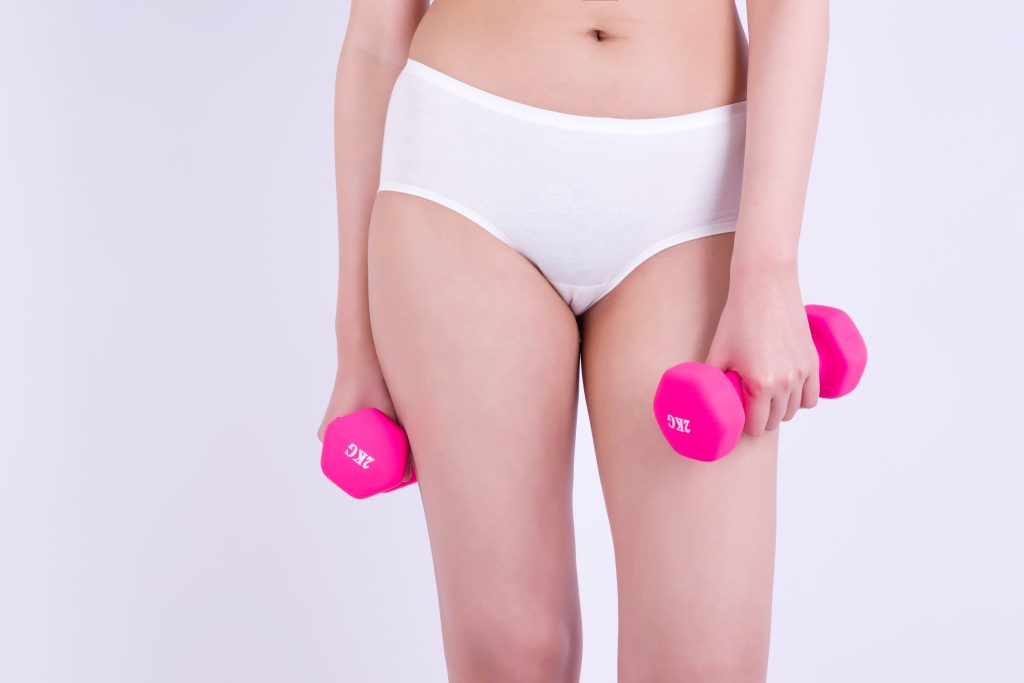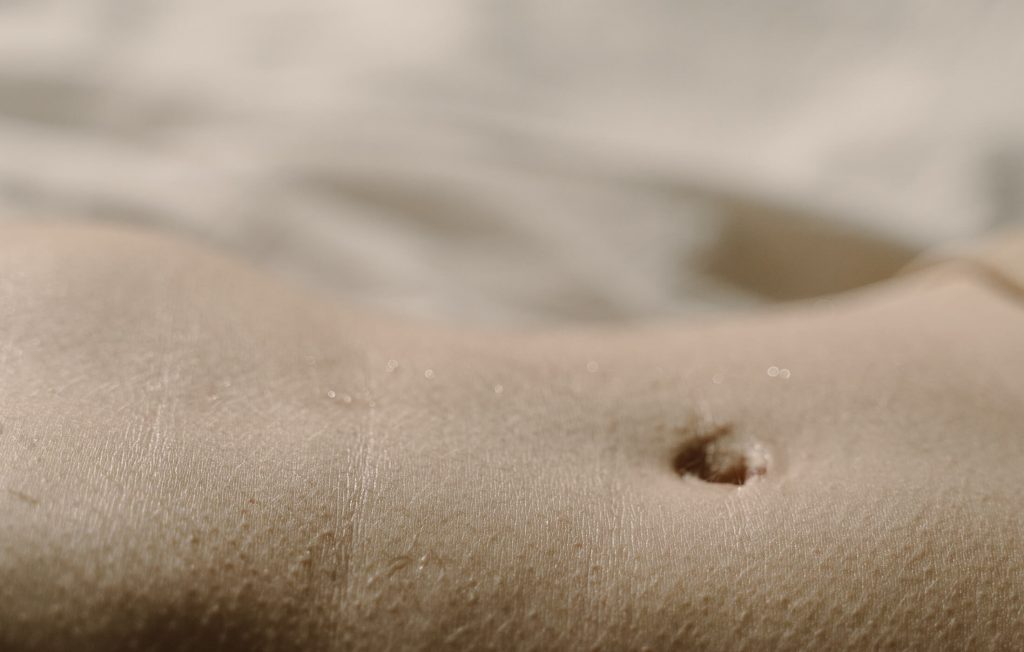Do you have to be a certain weight for liposuction?
Fighting stubborn fat cells before and after liposuction
Are you considering liposuction to get rid of stubborn excess fat? If so, you may wonder if the procedure requires a certain weight. After all, not everyone has the same body type and metabolic rate, meaning that one size does not fit all when it comes to liposuction! In this article, we’ll discuss what factors should be considered when determining if an individual is eligible for liposuction.
What is the ideal weight for liposuction surgery?
The ideal weight for liposuction depends on a few factors, including the amount of fat to be removed and the individual’s overall health. Generally speaking, individuals around their ‘normal’ body weight are good candidates for liposuction. However, since liposuction can result in loose skin, individuals should maintain a stable weight before undergoing the procedure.
When it comes to liposuction in Australia, there is no set eligibility requirement when it comes to weight. However, individuals must meet certain medical requirements before considering liposuction. These include: being at least 18 years of age, being in good physical health, and having realistic expectations about what liposuction can do for them.
It’s important to note that liposuction should not be used as a method of weight loss. The procedure is meant to eliminate stubborn fat, not reduce overall body weight.
The ideal body weight for men seeking a liposuction procedure
The ideal body weight for men seeking liposuction depends on the amount of fat that needs to be removed. Generally, if a man is within 5-10% of his ideal body weight and has stubborn fat in certain areas, such as the abdomen or chest area, he may be an eligible candidate for liposuction.
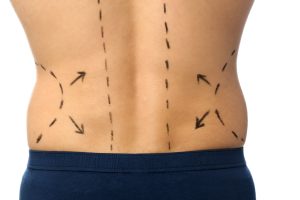
What is the ideal weight for women?
The ideal weight for women seeking liposuction is a bit more complicated, as there are usually more areas that require treatment. Usually, women should be at least 10% under their ideal body weight before considering liposuction. However, this depends on the individual and her body type.
In addition to being at an appropriate weight, individuals must ensure that their skin has enough elasticity to adjust post-surgery. Those with loose skin or skin laxity may not be eligible for liposuction as the procedure may cause further sagging.
Is there a weight limit for liposuction?
The Victorian Department of Health has mandated that no one over 120kg can receive liposuction as they are at too high a risk for the procedure.
Liposuction is designed to treat small areas of localised fat deposits, and results are best seen in patients with good skin elasticity. People who are significantly overweight may not be ideal candidates for the procedure as the outcomes for these patients tend to be less effective.
Ultimately, the decision about whether you’re a good candidate for liposuction should be discussed with your doctor; they will take into all factors such as physical condition, areas requiring treatments, weight size and ideal goals.
Is it better to lose weight before or after liposuction?
Ideally, you should be at a stable weight before undergoing liposuction. It is important to remember that liposuction is not a weight loss procedure; it is meant to remove stubborn fatty deposits from certain areas.
If you are significantly overweight, your doctor may suggest that you lose some weight before the procedure to reduce the risk of complications and achieve more successful results. In any case, it’s important to discuss your body goals with your healthcare provider so that they can advise the best course of treatment for you.
How fat cells react after liposuction
Liposuction works by removing fat deposits in areas like the hips, legs, abdomen, and arms. But what happens to these fat cells after they are sucked out of the body?
Research has found that the majority of liposuction patients showed a decrease in the number of fat cells across their bodies after surgery. This indicates that those removed through liposuction do not regenerate or replicate once they’re gone.
It’s important to maintain a healthy weight and lifestyle after the procedure to stop new fat cells from forming or remaining fat cells from multiplying.

Losing weight after liposuction
Losing weight after liposuction is very possible, however. Most people who have undergone liposuction expect to see results immediately. However, the body will still require time to adjust and heal after the surgery. To promote successful post-surgery slimming, creating a healthy diet and an effective exercise routine is important. How much weight you lose will depend on your commitment to a healthy lifestyle.
- Exercise three times a week by running, swimming or cycling.
- Cut down on processed foods and sugars in your diet.
- Drink plenty of water to flush out toxins and keep your body hydrated.
Is liposuction right for you? Book a consultation with our team today.
Liposuction can be a great option for those looking to target stubborn fatty deposits. However, it is essential to ensure that you are a suitable candidate. If you want to learn more about liposuction and whether it’s right for you, book an appointment with Liposuction Australia.
We will assess your physical condition, discuss your desired treatment goals, and provide you with the best advice for achieving a beautiful body contour. Contact us now to get started.
